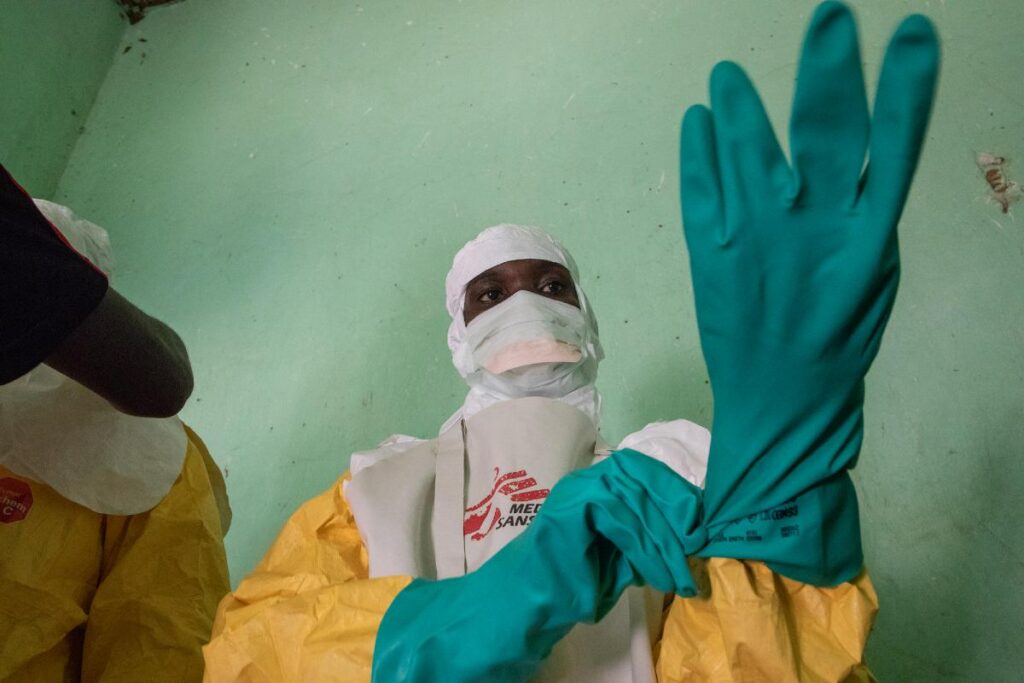Sexual abuse by WHO staff in DRC Ebola epidemic shattered community trust

Trust is emerging as an ethical pillar for medicine. Not that it was overlooked in the past, but it has been shaken so often in recent times. Lack of trust is one of the main reasons for vaccine hesitancy in the Covid-19 pandemic.
Today an editorial in The Lancet laments well-founded allegations of sexual abuse by staff of the World Health Organization working in the Democratic Republic of the Congo an Ebola epidemic between August 2018 and June 2020. “The trust people place in WHO to do the right thing is being squandered, and without trust WHO cannot fulfil its mission.”
An independent report on the abuse was published on September 28. It described dozens of “appalling allegations”, especially of sex for jobs. “These allegations raise serious questions about the integrity, trust, and governance of WHO. How it responds to these findings will surely impact the organisation’s future,” says The Lancet.
(Just as well that the WHO did not receive the Nobel Peace Prize this week – it was rumoured to be one of the leading contenders.)
The Lancet’s editorial said that this directly impacted health care:
A key lesson of the tenth Ebola epidemic in DRC was that, no matter what technical resources are available, a response cannot succeed without the trust of the community. Vaccinations were refused and treatment centres attacked. 450 acts of violence or threats against health workers occurred. 25 health workers were murdered and a further 27 were kidnapped. Abuses like those documented in the report will destroy community trust. By being the vehicle for sexual abuse and exploitation, in a situation in which mistrust is already rife following centuries of colonial exploitation, WHO places its employees, its mission, and its mandate at risk.
The Lancet suggested that there would be less abuse if women played a more active and prominent role in WHO.
- How long can you put off seeing the doctor because of lockdowns? - December 3, 2021
- House of Lords debates assisted suicide—again - October 28, 2021
- Spanish government tries to restrict conscientious objection - October 28, 2021
